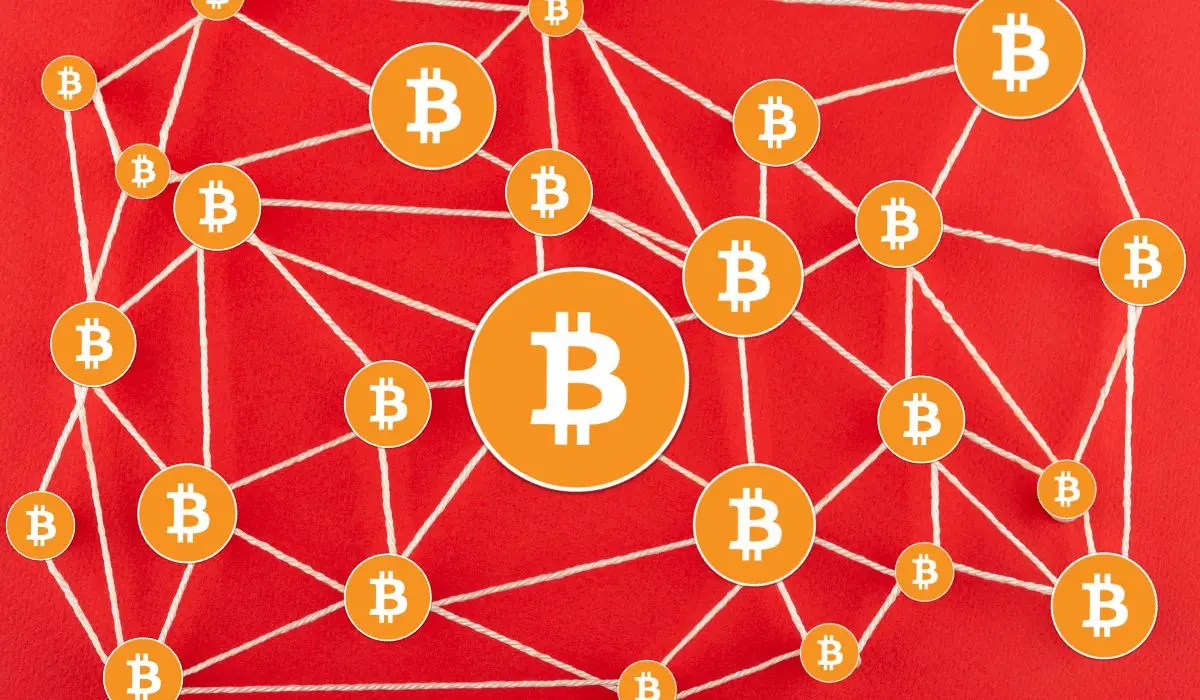Bitcoin and other cryptocurrencies are getting widely integrated into many industries. The digital assets that were once deemed a worthless novelty are now one of the most valuable assets in the become. While cryptocurrencies are created as a decentralized and secured alternative for traditional assets such as cryptocurrencies, the transactions are stored in a public ledger transparently.
So, can someone trace a Bitcoin transaction and find the real-life identity of the person behind the pseudonym? There have been many theories and myths propagating online, let’s put an end to this debate with facts about Bitcoin and its pseudonymity.
Key Takeaways
- Bitcoin transactions are pseudonymous, not anonymous, as cryptographic addresses can be traced with blockchain analysis.
- Government agencies can identify Bitcoin users if they reveal personal details during exchanges or cash-outs.
- Enhancing privacy in Bitcoin transactions involves using new addresses, hiding IPs, and avoiding sharing traceable personal information.
Understanding Bitcoin Transaction
To understand the traceability of Bitcoin transactions, you need to first know how a Bitcoin transaction is recorded on its blockchain, and what the transparency actually means.
Bitcoin is a digital asset that utilizes blockchain technology. It is created by a person or a group of people that goes by the pseudonym, Satoshi Nakamoto. Blockchain technology allows users to send and receive Bitcoin with each other without the help of a centralized third party such as banks, or financial institutions.
The blockchain network records all of the transactions happening in it on a public ledger that is open for anyone to view and inspect. However, it necessarily does not give away the identity of the parties involved. Instead of recording the actual identity of the user, blockchain records a cryptographic address.
Is Bitcoin Transaction Traceable?

We have seen how the Bitcoin blockchain will only store a cryptographic address rather than a username or screen name of the users involved in the transaction. However, this pseudonymity does not offer anonymity. With an intensive analysis of the blockchain data, it is entirely possible to trace the parties involved in a Bitcoin transaction.
There are many services available for tracing Bitcoin transactions including Blockchair, Chainalysis, Elliptic, and more. Bitcoin addresses do not reveal the true identity of the user, but with extensive analysis of the address and its history, you can trace it back to the actual user. That being said, a Bitcoin user can generate multiple wallet addresses, and use a mixture of services to make it difficult to find the trails of the transaction.
How Government Agencies Can Track a Bitcoin User?
No matter which cryptocurrency you are using for transactions, you may have to reveal your identity at some point, especially in this day of age where governments are tightening cryptocurrency regulations to reduce scams and online threats. For example, even if you are doing a peer-to-peer transaction, you may have revealed your identity to acquire the cryptocurrency from exchanges, or you may have to, when you need to cash out the crypto you received. So, government agencies can track your exact identity if you are involved in any illegal activities.
Why does Satoshi Nakamoto Remain Anonymous?
Satoshi Nakamoto is the pseudonym that the creator of Bitcoin used. Satoshi was also the first to mine Bitcoin and receive the rewards. They have also done a transaction on the blockchain network, to the early adopter of Bitcoin, the late software engineer, Hal Finnay. However, Satoshi never cashed out his Bitcoin holdings, and the wallets that are speculated to be Stoshi’s have been silent since his disappearance in 2011.
From what we can gather from the characteristics of Satoshi, the person or the group of people behind the pseudonym really valued anonymity. So, they were extra careful about their every move. They registered the domain anonymously and used VPN services, and people even speculate that they might have even used the Tor web browser to enjoy anonymity.
However, there is a possible way to find the real identity of Satoshi Nakamoto. Even though they might have used a pseudonym for registering the domain “anonymousspeech.com”, they might have used a traditional form of payment such as a wire transfer, or credit/debit card which can reveal the identity of the person(s) behind. However, since Satoshi is not considered a threat to society, the government organizations would not open an investigation to find their identity.
How to Ensure Privacy When Doing Crypto Transactions?
Now you know that the pseudonymity of cryptocurrency transactions does not automatically bring anonymity to the user. However, there are some methods you can follow to increase your privacy when doing transactions through transparent blockchain networks including:
- Change Address: Use a new wallet address every time you send or receive a new payment.
- Do not publish your address in a public space: Crowdfunding, participating in giveaways, and airdrops may require you to publish your address on a public platform. If you move the crypto received in the specific address to another address you own, others can technically trace your addresses and their movements.
- Hide your IP: In some cases, the IP addresses of the persons involved in the transaction can be logged on the block created by mistake. To prevent this use services such as Tor browser to hide your IP address.
- Stay Vigilant: Never reveal any information that could be potentially traced back to you including email id, user names, and social media handles.
Even if you follow all the above steps, tracing your footsteps back to your real-life identity is not impossible. So, never use Bitcoin or any other cryptocurrencies for illegal activities.
Final Thoughts: Traceability of Bitcoin
Bitcoin transactions are hard to trace back to the actual identity of the users involved, but it is not impossible. Even though crypto transactions use pseudonyms and cryptographic addresses, you might have to reveal your identity at least once. So, with intensive analysis, government organizations and investigators can potentially find out your true identity if needed.

